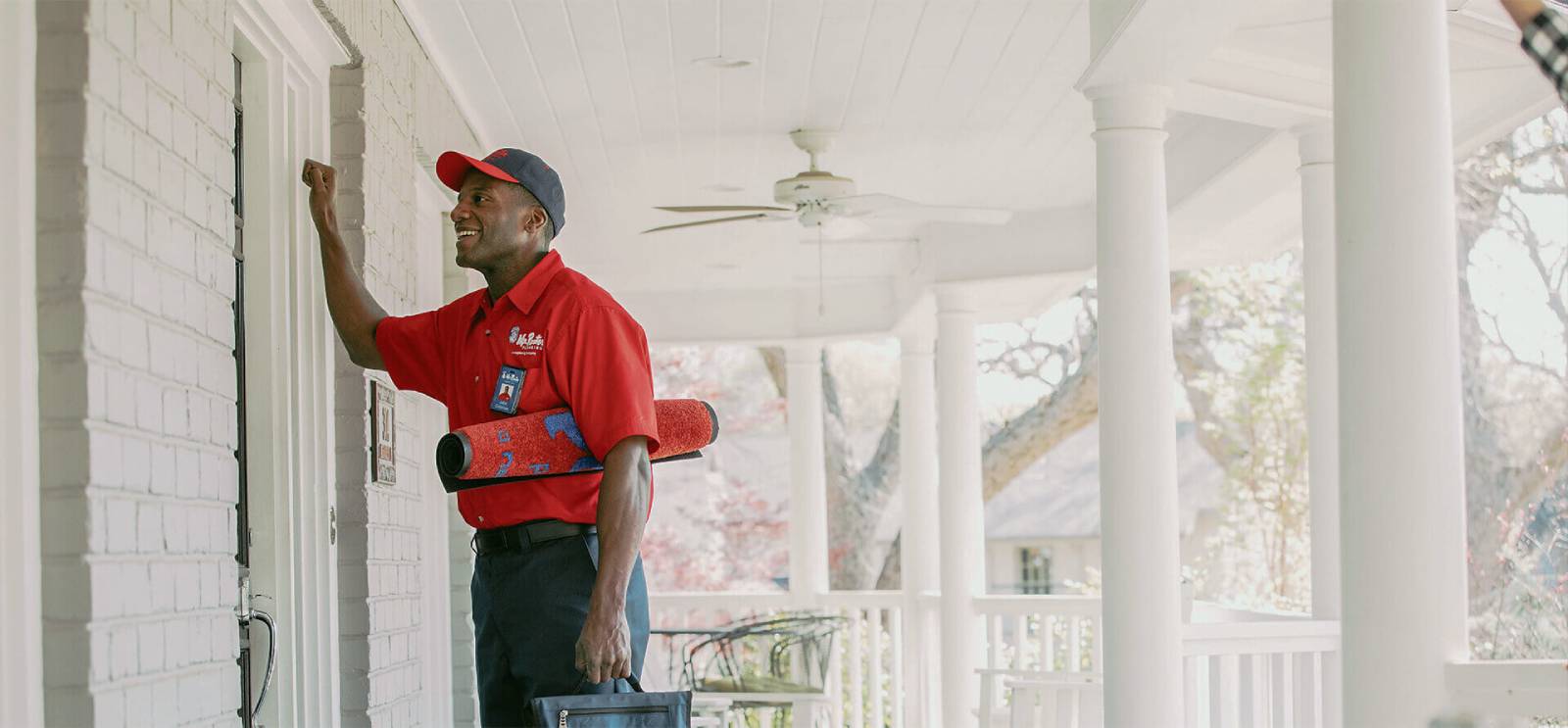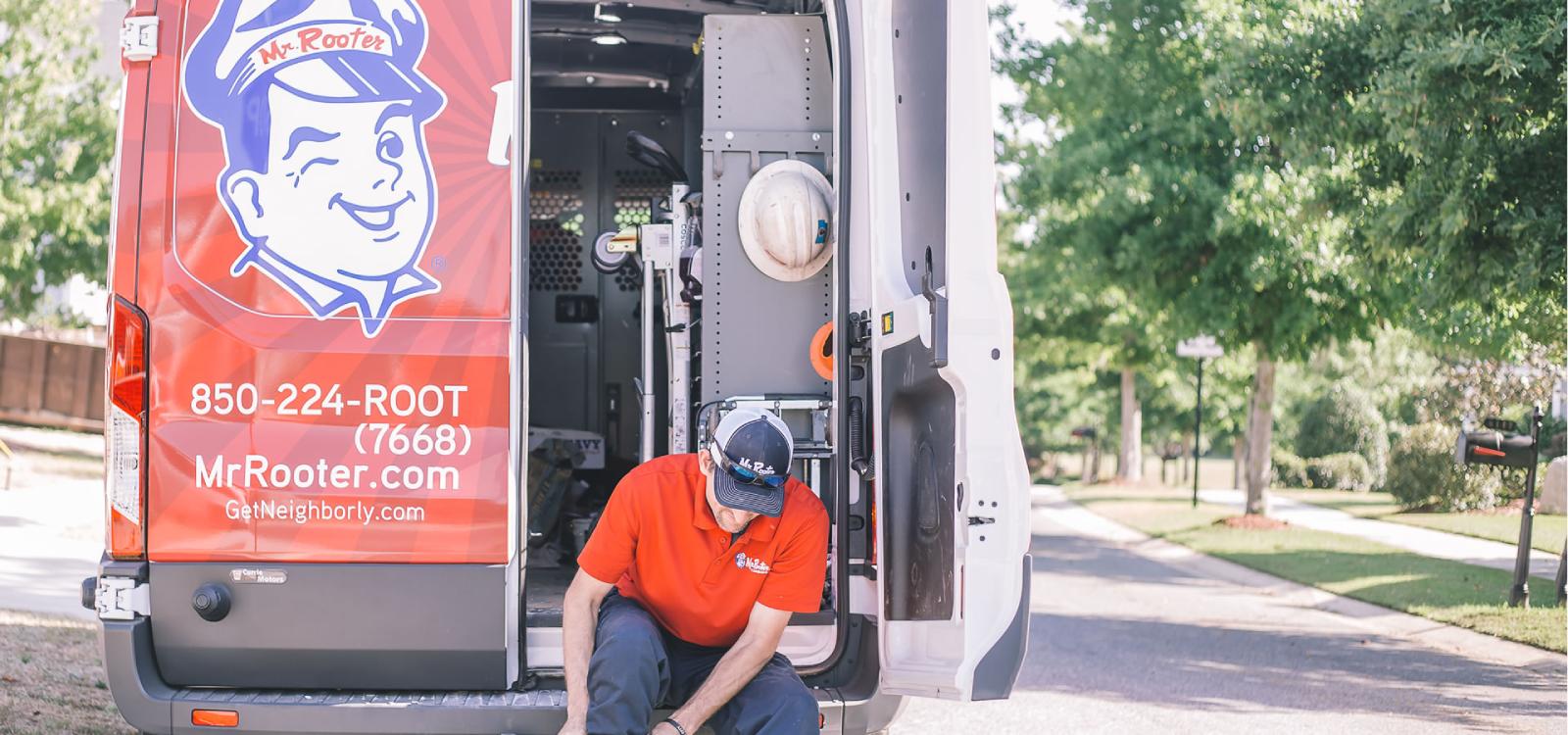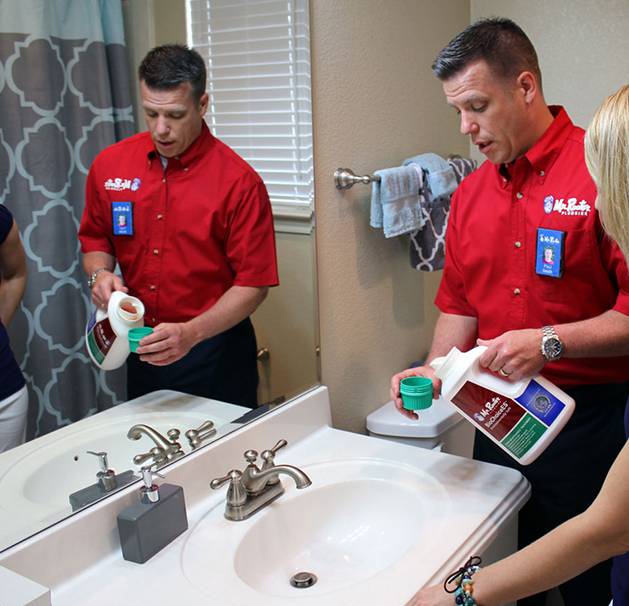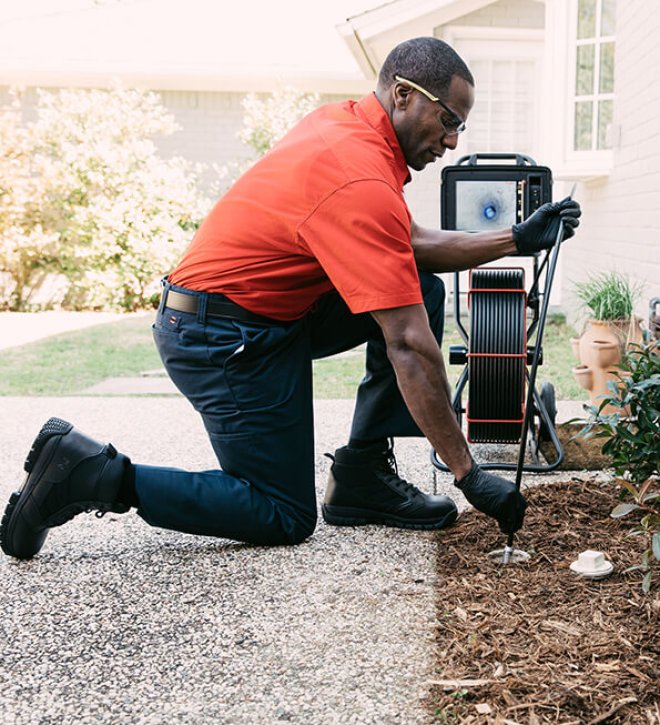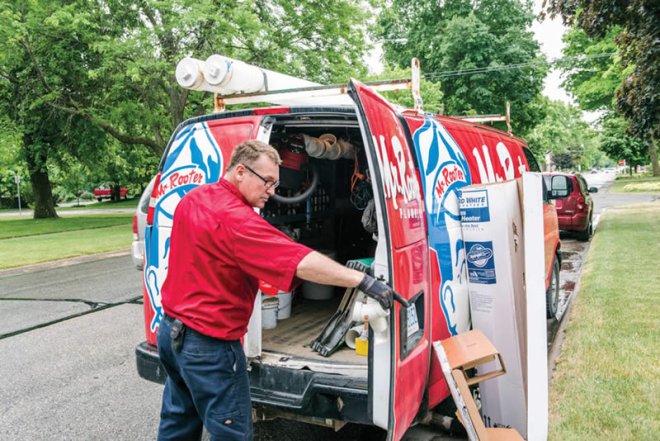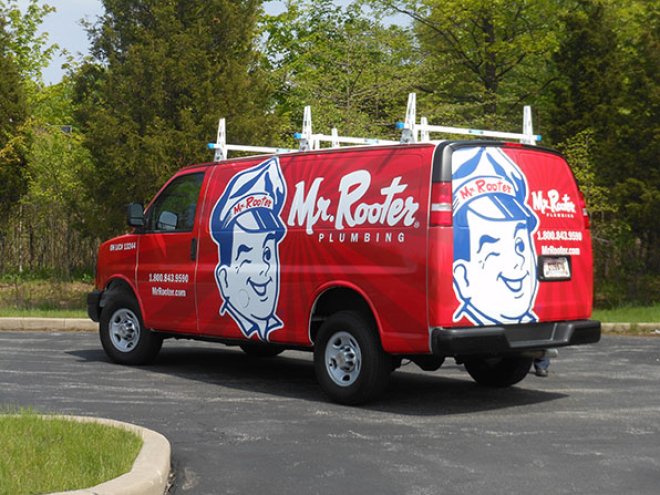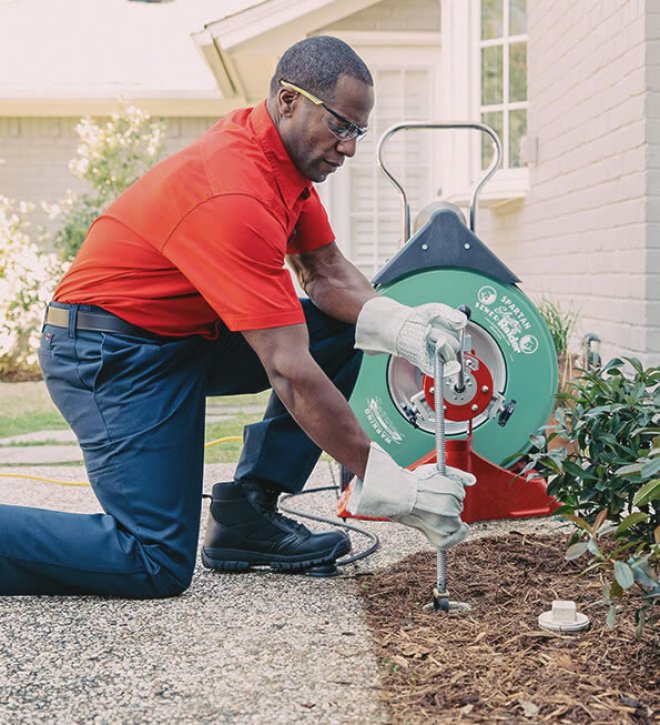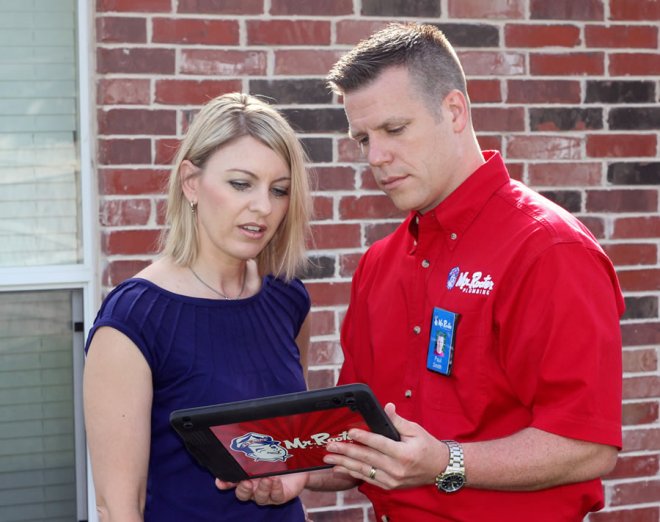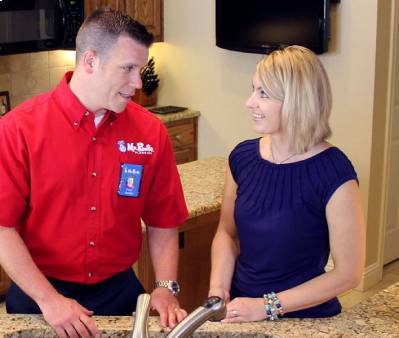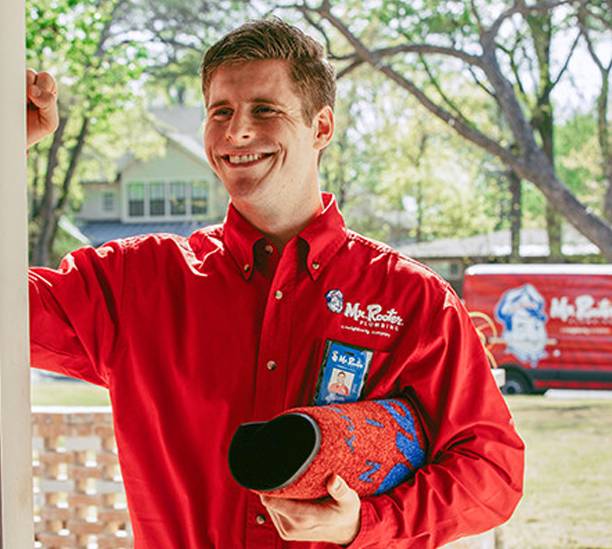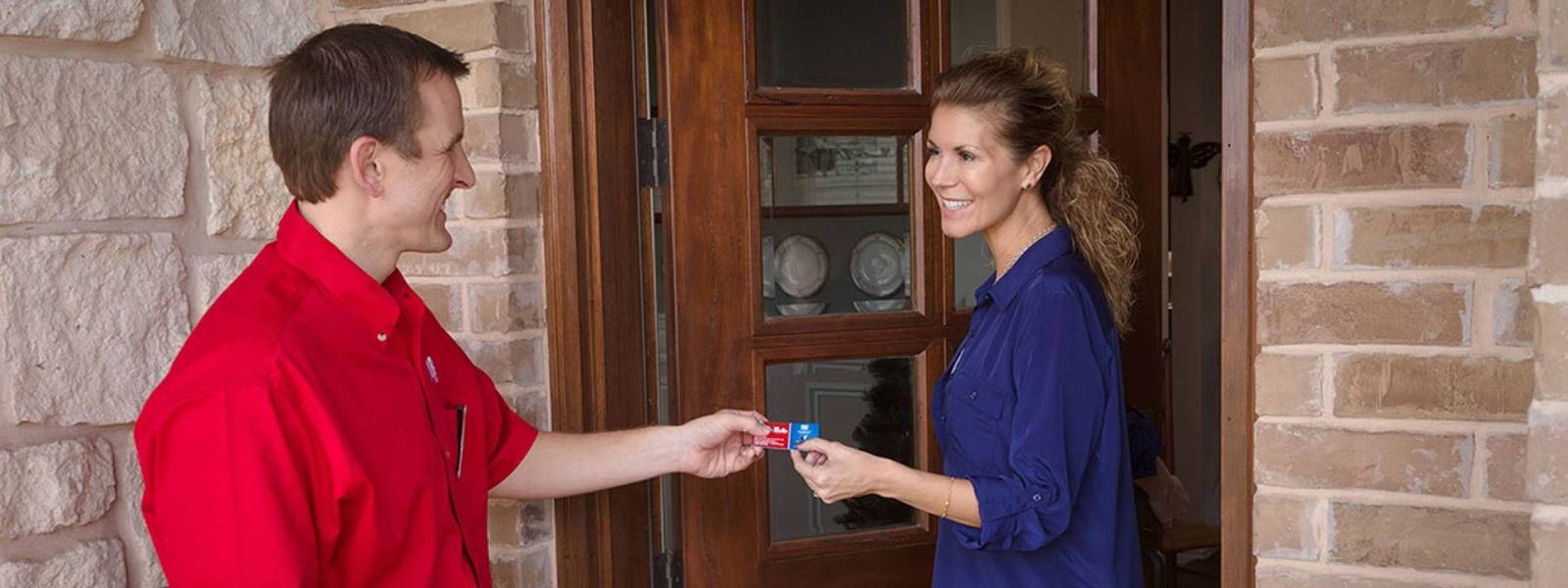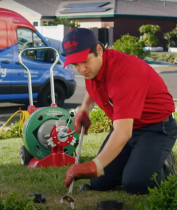Menu
- Home
- Plumbing Service
- Plumbing Repair
- Drain Cleaning
- Water Heater Repair
- Sewer Repair
- Commercial Plumbing
- Water Leak Detection
- Emergency Plumbing Repair
- Faucet & Kitchen Sink Repair
- Toilet Installation
- Water Line Replacement
- Garbage Disposal Repair
- Broken Pipe Replacement
- Bathroom Plumbing
- Kitchen Plumbing
- Sump Pump Installation
- Tankless Water Heater Installation
- Gas Line Repair
- Underground Utility Plumbing
- Plumbing Inspection
- Commercial Plumbing
- Service Areas
- Aliquippa, PA
- Beaver Falls, PA
- Beaver, PA
- Bethel Park, PA
- Canonsburg, PA
- Carnegie, PA
- Coraopolis, PA
- Cranberry Township, PA
- Dormont, PA
- Forest Hills, PA
- Franklin Park, PA
- Greensburg, PA
- Irwin, PA
- McKeesport, PA
- Monroeville, PA
- Munhall, PA
- New Kensington, PA
- North Hills, PA
- Oakmont, PA
- Penn Hills, PA
- Pittsburgh, PA
- Ross Township, PA
- Sewickley, PA
- South Hills, PA
- Swissvale, PA
- Uniontown, PA
- Washington, PA
- White Oak, PA
- Locations
- Review
- Blog
- Videos
- Coupons
- FAQ
- Contact Us
Call This Saturday to Get $35 OFF
Call ThisSaturday to Get $35 OFF
24 Hour Emergency Plumbers in Pittsburgh and nearby cities.
- Home
- Plumbing Service
- Plumbing Repair
- Drain Cleaning
- Water Heater Repair
- Sewer Repair
- Commercial Plumbing
- Water Leak Detection
- Emergency Plumbing Repair
- Faucet & Kitchen Sink Repair
- Toilet Installation
- Water Line Replacement
- Garbage Disposal Repair
- Broken Pipe Replacement
- Bathroom Plumbing
- Kitchen Plumbing
- Sump Pump Installation
- Tankless Water Heater Installation
- Gas Line Repair
- Underground Utility Plumbing
- Plumbing Inspection
- Commercial Plumbing
- Service Areas
- Aliquippa, PA
- Beaver Falls, PA
- Beaver, PA
- Bethel Park, PA
- Canonsburg, PA
- Carnegie, PA
- Coraopolis, PA
- Cranberry Township, PA
- Dormont, PA
- Forest Hills, PA
- Franklin Park, PA
- Greensburg, PA
- Irwin, PA
- McKeesport, PA
- Monroeville, PA
- Munhall, PA
- New Kensington, PA
- North Hills, PA
- Oakmont, PA
- Penn Hills, PA
- Pittsburgh, PA
- Ross Township, PA
- Sewickley, PA
- South Hills, PA
- Swissvale, PA
- Uniontown, PA
- Washington, PA
- White Oak, PA
- Locations
- Reviews
- Blog
- Videos
- Coupons
- FAQ
- Contact Us


